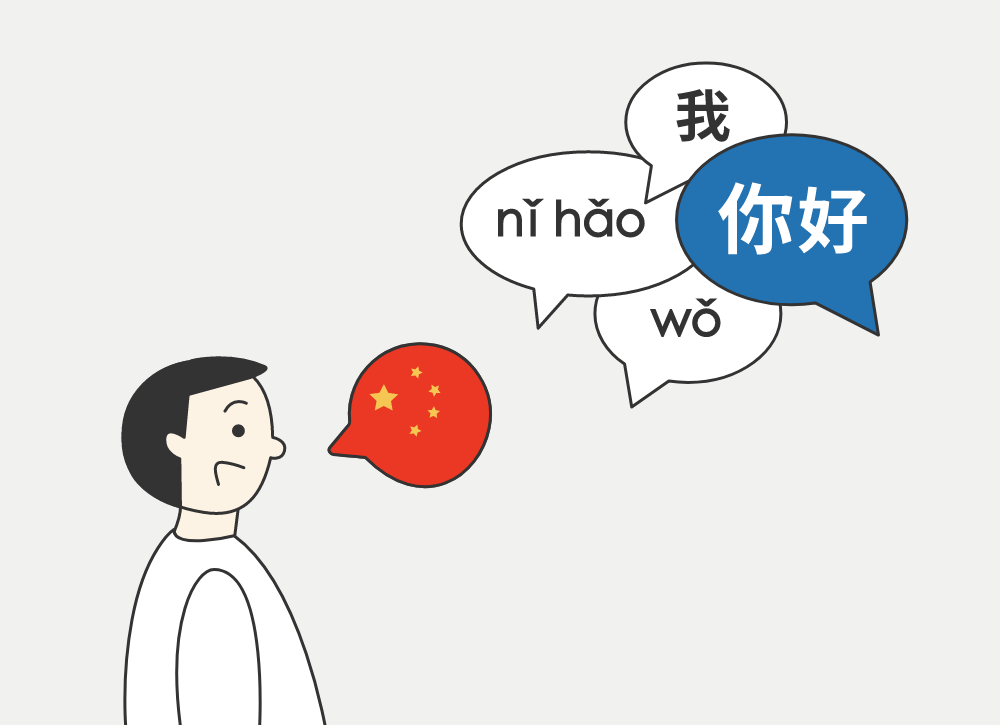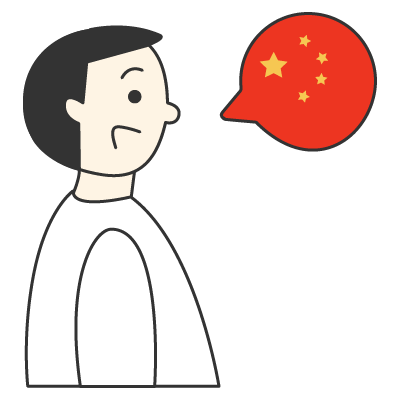As the number of people interested in learning Chinese is growing, you can now find an abundance of textbooks and resources dedicated to Chinese language learning. And you might have noticed that there are actually two English words, “Chinese” and “Mandarin”, that are commonly used to refer the Chinese language. In this article, we will take a look at the relationship and difference between Chinese, Mandarin, and other dialects.
What is the difference between “Chinese” and “Mandarin”?
Many Chinese learners feel confused about this question as they were told that Chinese and Mandarin could be both translated as 中文 (Zhōngwén). Despite the fact that both words refer to the Chinese language, there is a slight difference between them.
Chinese has a broader concept in that it includes the standard Chinese, 普通话 (Pǔtōnghuà, also known as Mandarin Chinese), and other dialects spoken by different ethnic groups.
As for Mandarin, it only refers to 普通话 (Pǔtōnghuà), the standard Chinese.
How many dialects exist in China at the moment?
Statistically, there are 129 dialects spoken by people across China. As China is a vast country with 56 ethnic groups (the biggest ethnic group in China is called 汉 Hàn, with the remaining 55 being ethnic minority groups), dialects spoken in one area can be very different from those spoken in another.
How do people speaking different dialects communicate with each other?
Although the written language is pretty much the same, people speaking different dialects cannot understand each other properly during a conversation if they don’t “resort to” Mandarin Chinese. Therefore, the standard Chinese is the key to effective communication between people speaking different dialects. That’s also why 普通话 (Pǔtōnghuà) is taught at school across China, and students and teachers are supposed to speak the standard Mandarin all the time at school.
Do different people speak Mandarin with accents?
People from different parts of a country may speak the same language (in this case it’s their mother tongue) with different accents, and China is no exception. The most popular two types of the accents are the northern accent and the southern accent.
One of the distinguishing features of the southern accent is that people from the South tend to weaken the tongue-rolling sounds, which means many of them simply treat initials like “zh”, “ch” and “sh” as “z”, “c” and “s”. For example, the correct pronunciation of the word 吃饭 (“to eat”) should be “chī fàn”. However, you might often hear people say “cī fàn” when you travel in the South of China.
People from which area speak the “authentic standard Chinese”?
It is generally agreed that the modern 普通话 (Pǔtōnghuà) reached its current stage based on the Beijing dialect. Consequently, people from Beijing and its surrounding areas are considered to be the strongest candidates in terms of this question.











0 Comments